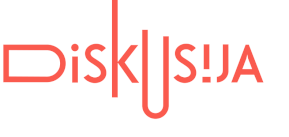Bosnian translation services
Bosnian translation services Diskusija offers
Diskusija’s team of experienced and carefully selected, native Bosnian translators provides fast and high-quality Bosnian translation services across a broad range of professional fields.
Our regional knowledge and experience make us an ideal, reliable partner for south-eastern European languages. Our project managers are here to help you to find the best individualized solution for your Bosnian translation needs, guiding our linguists and work processes accordingly in order to ensure you receive the best possible result.
Our Bosnian translation services primarily include the following language pairs:
- English to Bosnian
- German to Bosnian
- French to Bosnian
This list is by no means exhaustive, so if you don’t see the combination you need here, contact us to discuss your Bosnian translation needs!





